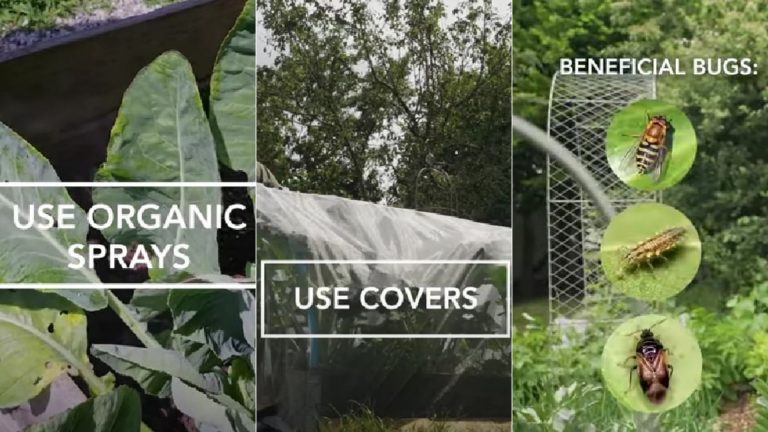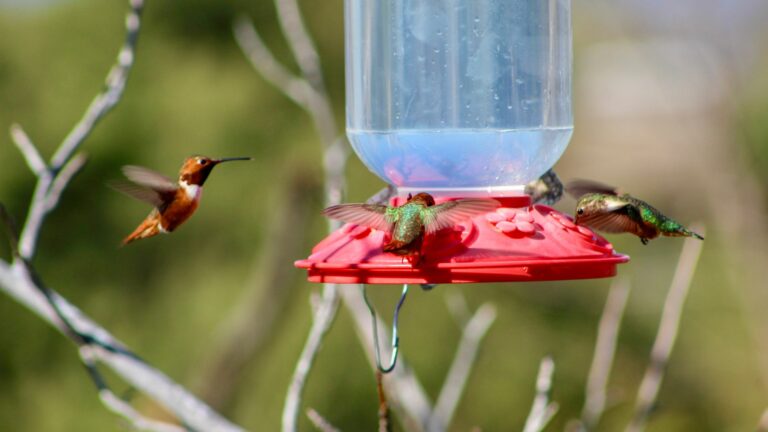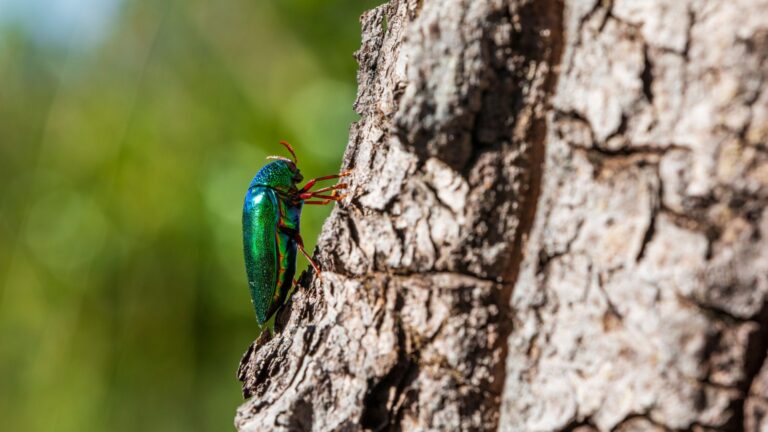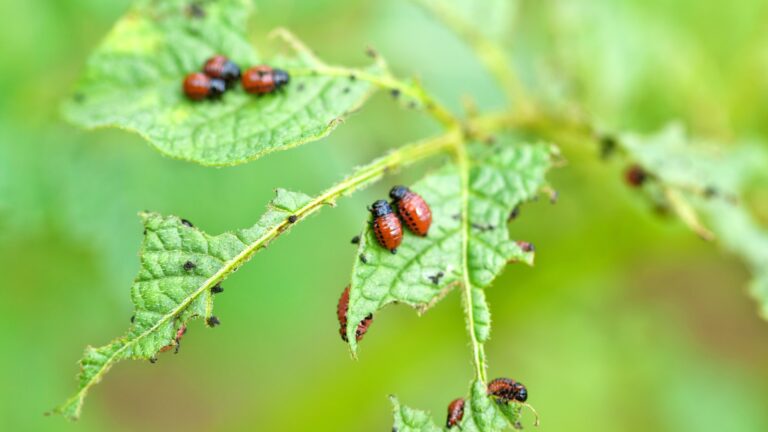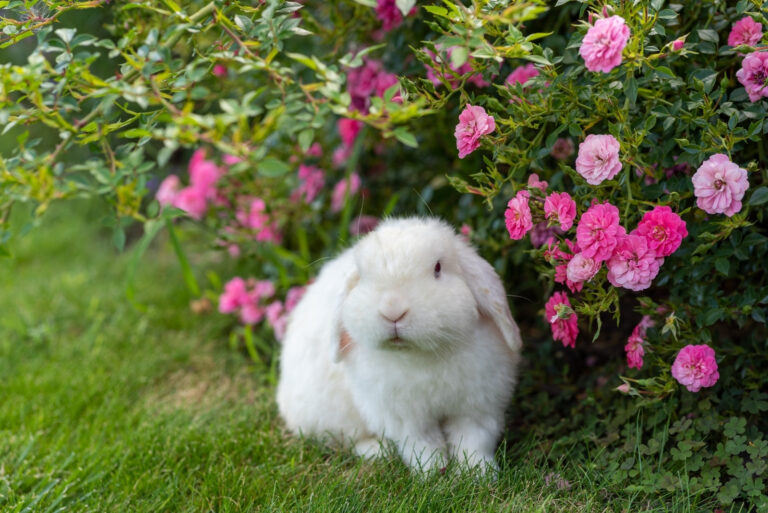Deter Skunks From Entering Your Yard With These 15 Simple Methods
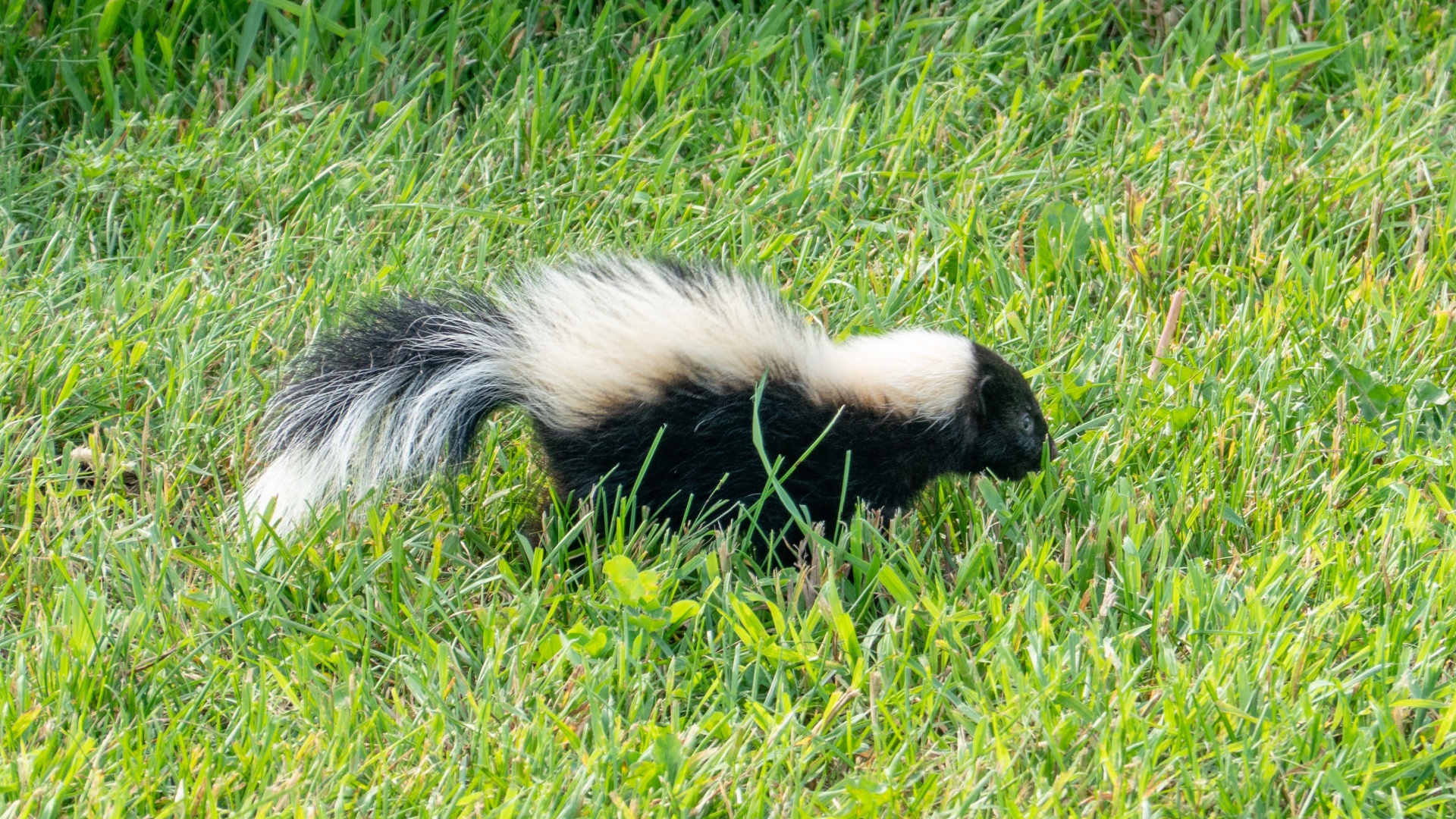
Skunks may be cute from a distance, but no one wants that stink near their yard. If these nighttime visitors are creeping too close for comfort, it’s time to take action.
These 15 simple, effective methods will help you keep skunks out—without harsh chemicals or complicated traps.
1. Remove Food Sources
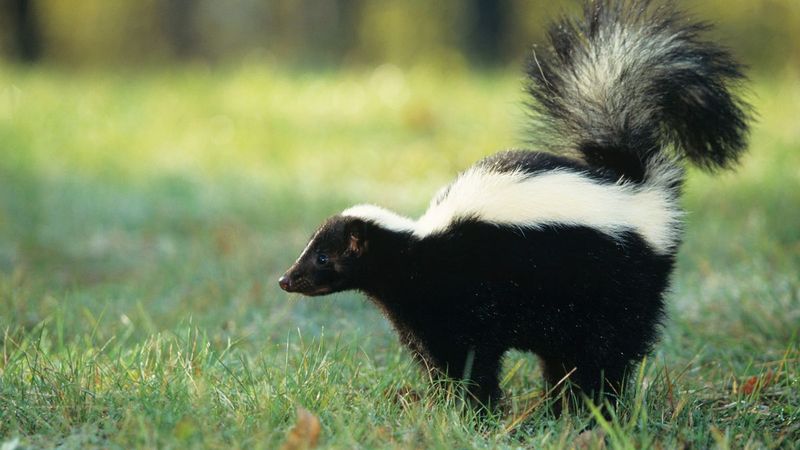
Skunks are constantly searching for their next meal. Pet food, fallen fruit, and open garbage cans are like sending them a dinner invitation. Take a walk around your yard and clean up anything edible.
Remember to bring pet dishes inside at night when skunks are most active. If you have fruit trees, collect fallen produce daily. Secure trash can lids with bungee cords or weights to prevent nighttime raids from these clever creatures.
2. Install Motion-Activated Sprinklers
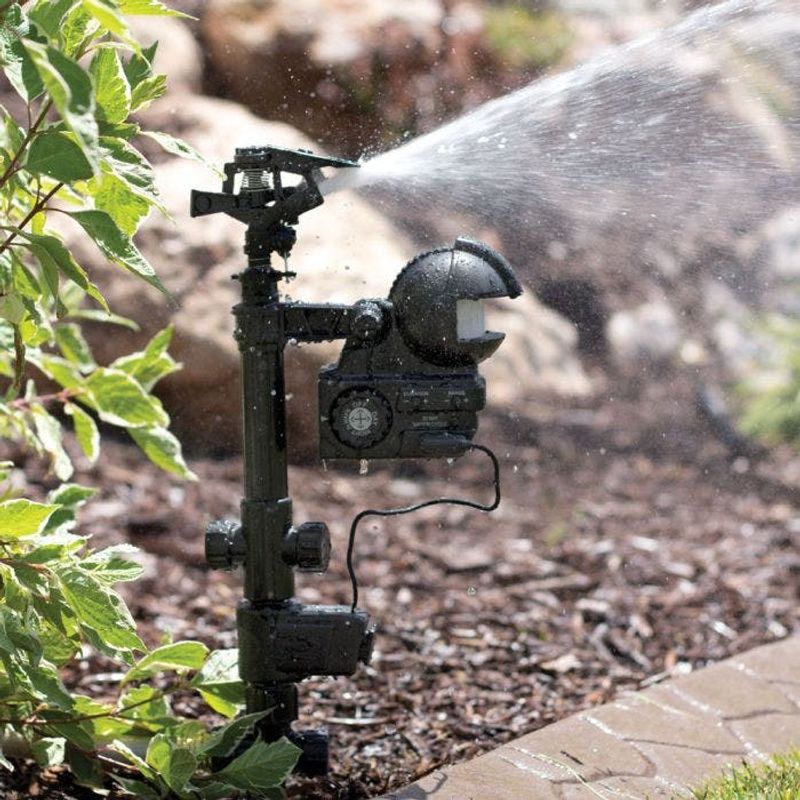
Skunks hate unexpected showers! Motion-activated sprinklers deliver a harmless but startling spray of water whenever they detect movement. The sudden burst catches skunks off guard, teaching them your yard isn’t a friendly place to visit.
Position these devices at common entry points around your property. Many gardeners report that after a few surprise soakings, skunks learn to avoid the area completely. As a bonus, these sprinklers work on other unwanted wildlife visitors too!
3. Bright Lights at Night
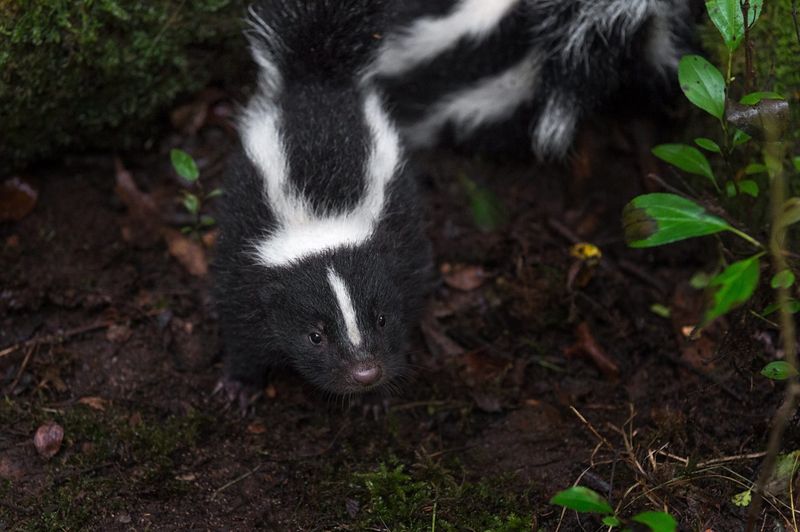
Night is prime time for skunk activity. These nocturnal animals prefer darkness for their foraging adventures. Installing bright motion-sensor lights disrupts their comfort zone and sends them searching for shadier locations.
Solar-powered options make this solution energy-efficient and maintenance-free. Place lights near garden beds, compost piles, and other skunk-attractive areas. The sudden brightness startles them without causing harm, creating a simple but effective boundary around your property.
4. Seal Potential Den Sites

Skunks love cozy spaces for their homes! Check under decks, porches, and sheds for potential skunk apartments. If you find openings, block them with chicken wire, making sure to bury it several inches deep since skunks can dig.
First confirm no animals are currently living inside before sealing any spaces. Bend the bottom of the wire outward in an L-shape underground to prevent determined diggers. For extra protection, add gravel beneath the wire – skunks hate digging through rocky material.
5. Natural Repellent Plants

Mother Nature offers beautiful solutions to skunk problems! Certain plants naturally repel these critters with scents they find offensive. Marigolds, garlic, chrysanthemums, and mint create a living barrier that looks pretty while keeping skunks away.
Plant these aromatic defenders around the perimeter of your yard or near potential entry points. Bonus: many of these plants also deter other garden pests while attracting beneficial insects. Mint spreads aggressively, so consider planting it in containers to control its growth.
6. Predator Urine Granules
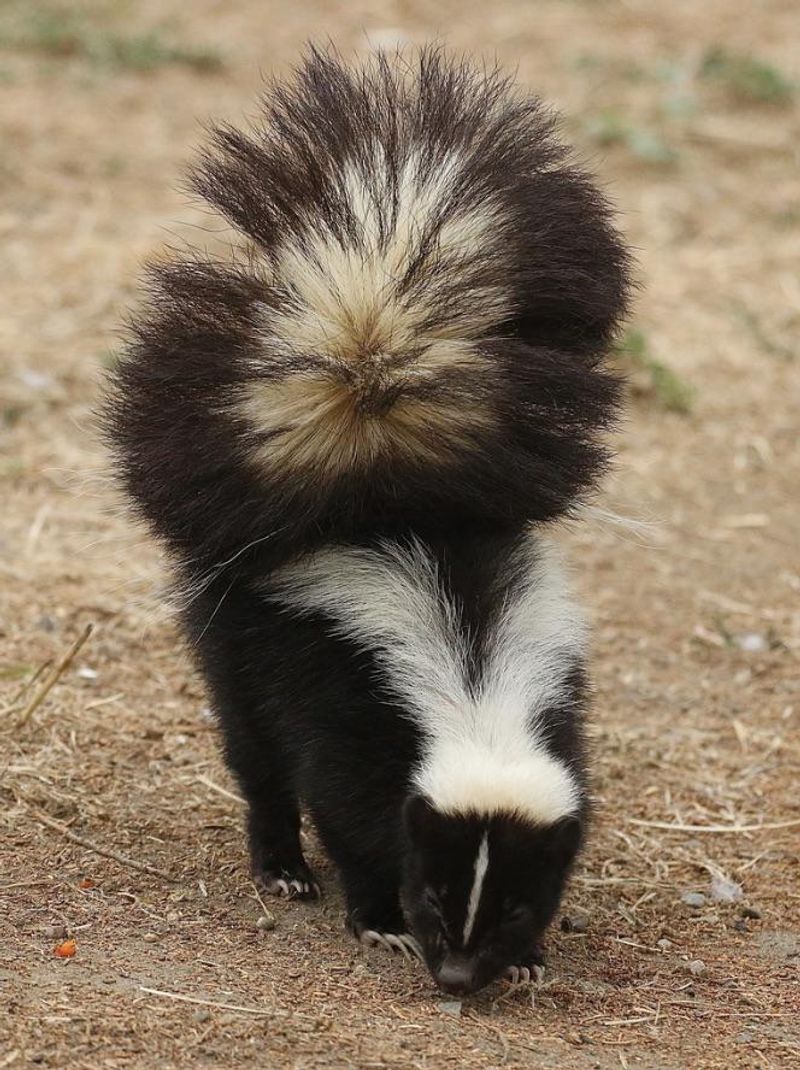
Skunks survive by avoiding danger, and nothing says danger like the smell of predators! Commercial predator urine granules (typically from foxes or coyotes) trigger a skunk’s instinctive fear response, convincing them your yard is hunting territory.
Sprinkle these granules around the perimeter of your property, refreshing after heavy rain. Many gardeners report immediate results with this method. While the idea might seem strange, these products are processed to be less offensive to humans while remaining scary to skunks.
7. Ammonia-Soaked Rags
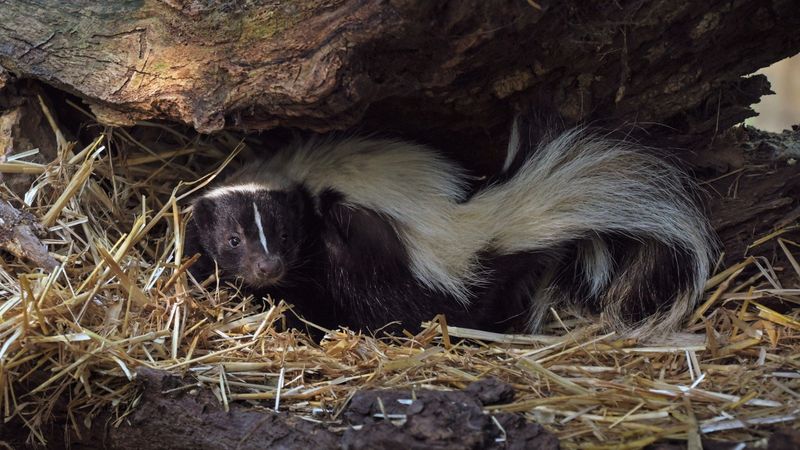
Ammonia’s strong smell mimics predator urine, making it a budget-friendly deterrent. Soak rags in ammonia and place them in plastic containers with holes punched in the lids. The escaping fumes create a barrier skunks won’t cross.
Position these containers near entry points or problem areas. Replace the solution every few days to maintain effectiveness, especially after rain. Always wear gloves when handling ammonia and keep containers away from children’s play areas and pet spaces.
8. Ultrasonic Repellers
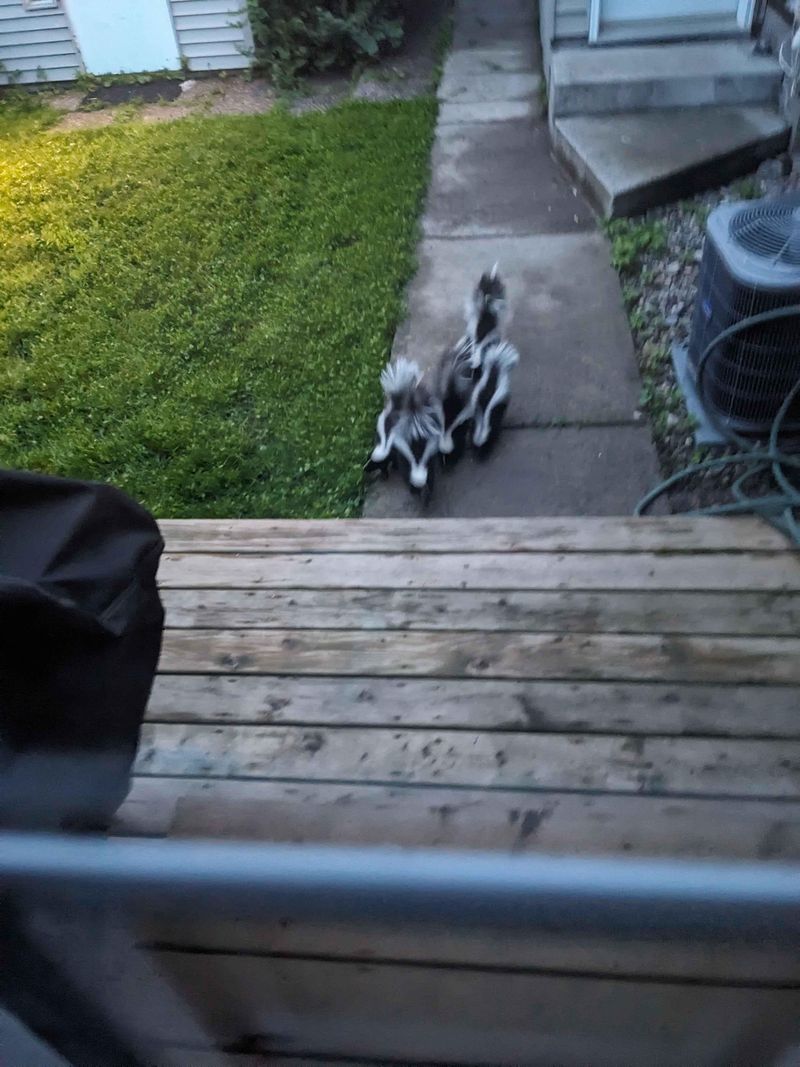
Modern technology offers a silent solution to skunk problems! Ultrasonic repellers emit high-frequency sounds that irritate skunks but remain inaudible to human ears. These battery-operated or solar-powered devices can protect large areas without chemicals or barriers.
Place units facing the direction skunks typically enter from. Many models include motion sensors for battery conservation. The effectiveness varies based on your specific situation, but many homeowners report good results when used as part of a multi-strategy approach.
9. Epsom Salt Barrier
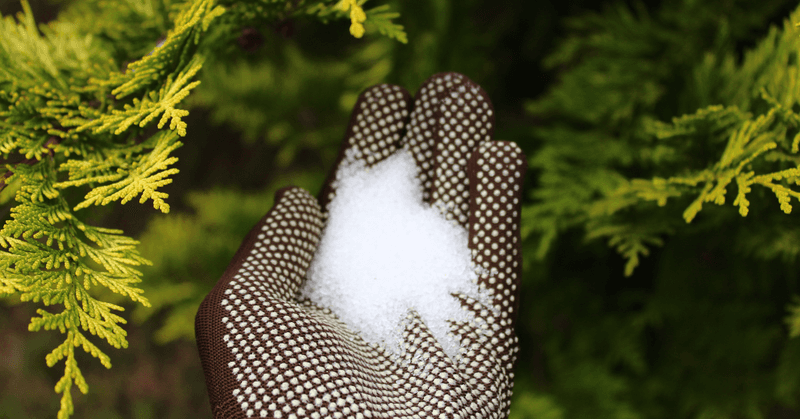
Skunks dislike the feel of Epsom salt on their sensitive paws. Creating a perimeter barrier with this common household item provides a simple, non-toxic deterrent that won’t harm your plants or pets.
Sprinkle a generous line of Epsom salt along property boundaries and around gardens. Refresh your barrier after rain or every couple of weeks. As a happy bonus, many plants benefit from the magnesium in Epsom salt, making this solution good for your garden while keeping skunks away.
10. Citrus Peels and Vinegar Spray
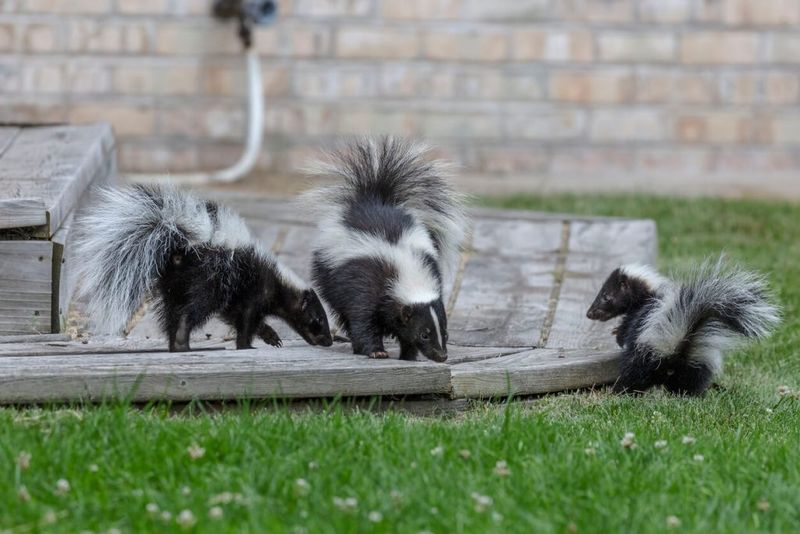
Skunks wrinkle their noses at citrus scents! Save orange, lemon, and grapefruit peels to scatter around your yard. Their bright, acidic smell overwhelms skunks’ sensitive noses, creating an invisible barrier they prefer to avoid.
For a stronger solution, make a spray by boiling citrus peels in vinegar, then cooling and straining the mixture. Spray this around entry points and problem areas. The combination of citrus and vinegar creates a powerful yet natural deterrent that needs refreshing every few days.
11. Remove Standing Water
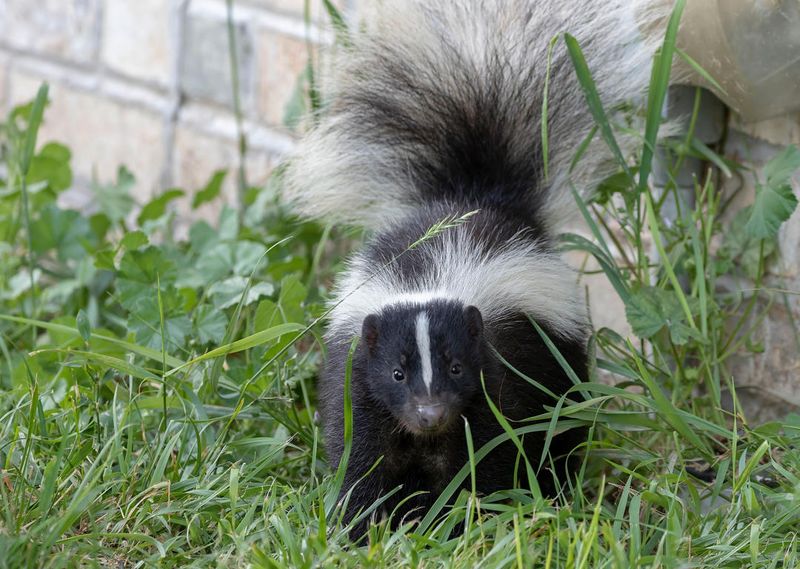
Skunks, like all creatures, need water to survive. Eliminating water sources makes your property less hospitable to these unwanted visitors. Check for leaky hoses, clogged gutters creating puddles, or bird baths placed at ground level.
Fix any leaks promptly and consider raising bird baths higher off the ground where skunks can’t reach them. Remember to empty containers that collect rainwater. This approach not only deters skunks but also helps control mosquito populations that breed in standing water.
12. Create Noise Disturbances
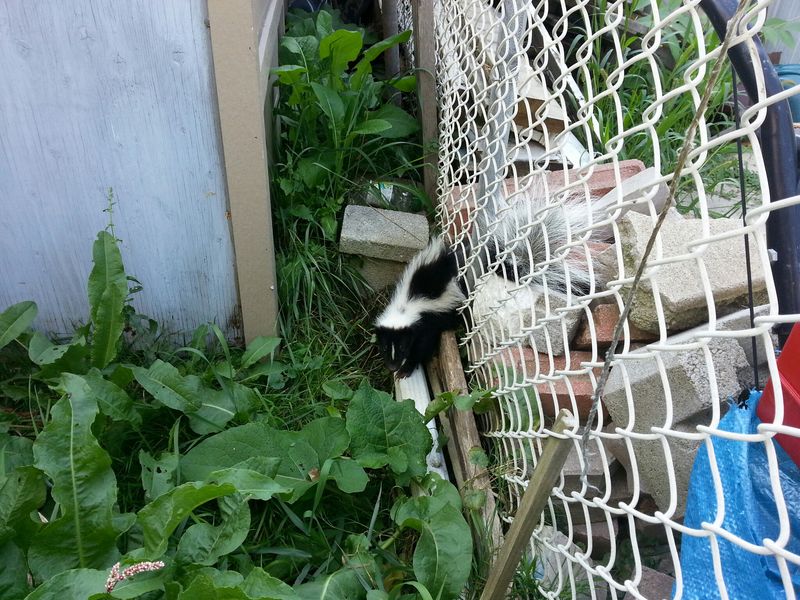
Skunks prefer peaceful environments for their nighttime activities. A wind chime garden creates gentle but consistent noise that makes skunks uncomfortable without disturbing your human neighbors.
Hang wind chimes near known entry points or problem areas. Metal chimes produce the most effective deterrent sounds. Battery-operated radios tuned to talk stations can also work temporarily when placed in weatherproof containers. The human voices create an impression that people are present, sending skunks searching for quieter dining options.
13. Clean Up Fallen Seeds
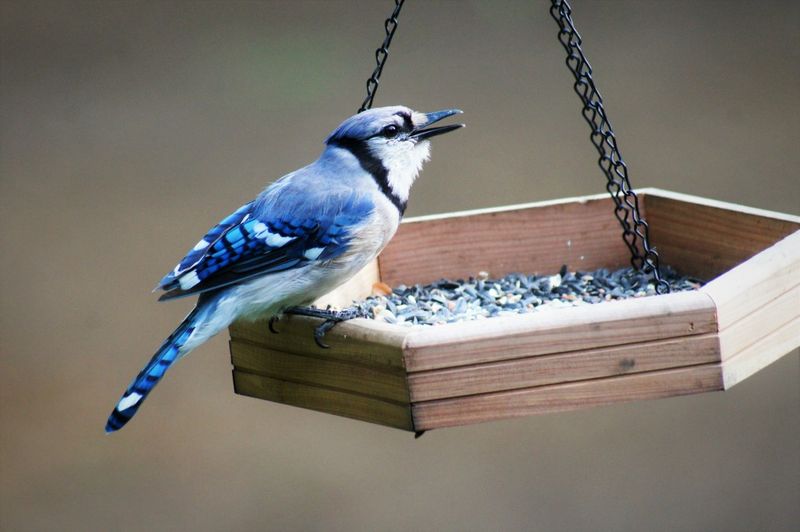
Bird feeders create unintentional skunk buffets! The seeds that fall to the ground become midnight snacks for foraging skunks. Consider using feeders with catch trays to minimize spillage or regularly clean up fallen seeds.
Another option is placing bird feeders farther from your house and over hard surfaces that make cleanup easier. Some gardeners temporarily remove feeders if skunk problems become severe. Remember that birdseed also attracts mice and rats, which in turn can attract skunks looking for a rodent meal.
14. Fencing With Proper Depth
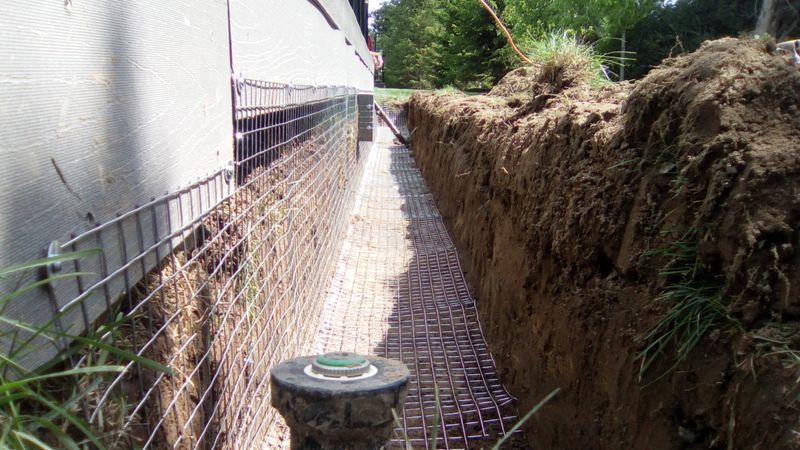
Physical barriers work wonders when installed correctly! Skunks are excellent diggers, so standard fencing often fails unless it extends underground. Install wire mesh fencing that reaches at least 12 inches below soil level to prevent tunneling.
The fence should bend outward at the bottom in an L-shape, creating a digging barrier. Above ground, 3 feet is usually sufficient height since skunks aren’t great climbers. For maximum effectiveness, ensure there are no gaps larger than 3 inches anywhere in your fence system.
15. Professional Wildlife Removal
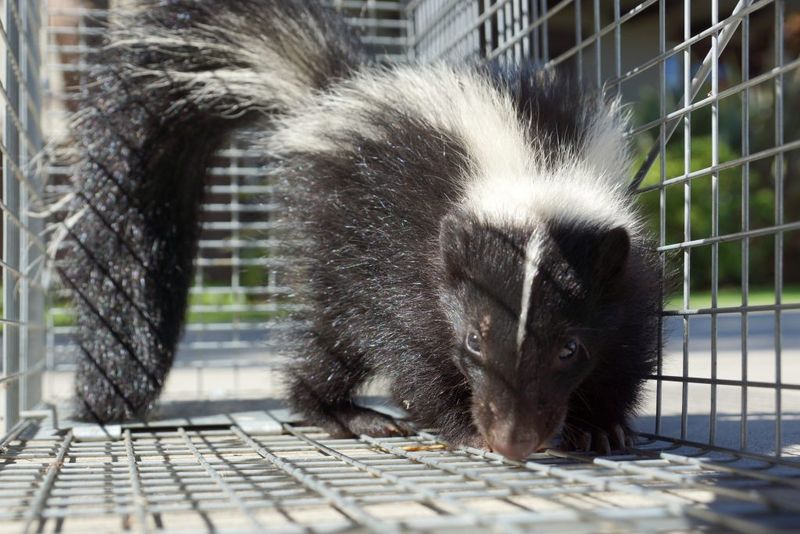
Sometimes skunk problems require expert help, especially if an animal has already taken up residence. Wildlife removal specialists have the proper equipment and knowledge to safely relocate skunks without harm to the animal or risk of spraying.
These professionals can also identify entry points you might have missed and provide specific recommendations for your property. Most importantly, they understand local wildlife regulations that may restrict certain control methods. Their expertise ensures humane treatment while effectively solving your skunk situation.

